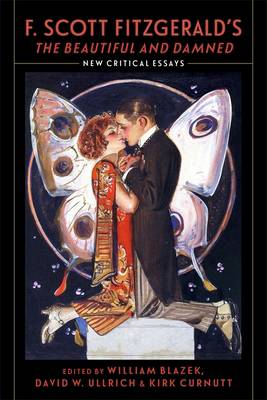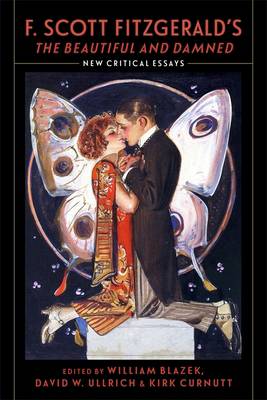
- Retrait gratuit dans votre magasin Club
- 7.000.000 titres dans notre catalogue
- Payer en toute sécurité
- Toujours un magasin près de chez vous
- Retrait gratuit dans votre magasin Club
- 7.000.000 titres dans notre catalogue
- Payer en toute sécurité
- Toujours un magasin près de chez vous
F. Scott Fitzgerald's the Beautiful and Damned
New Critical Essays
Jackson R. Bryer, Sarah Sue Goldsmith, James L. W. West III, Bonnie Shannon McMullen, Walter Raubicheck, Gail D. Sinclair, Joseph K. StittDescription
F. Scott Fitzgerald's second novel, The Beautiful and Damned, has frequently been dismissed as an outlier and curiosity in his oeuvre, a transitional work from the coming-of-age plot of This Side of Paradise to the masterful critique of American aspiration in The Great Gatsby.
The Beautiful and Damned belongs to a genre that is widely misunderstood, the "bright young things" novel in which spoiled and wealthy characters succumb to decay because of their privilege and lack of purpose. Set between 1913 and 1922, Fitzgerald's longest novel touches on many of the decisive issues that mark the passage from the Gilded Age and the Progressive Era into the Jazz Age: conspicuous consumption, income inequality, yellow journalism, the Great War, the rise of the movie industry, automobile travel, Wall Street stock scams, immigration and xenophobia, and the fixation with youth and aging.
Spécifications
Parties prenantes
- Auteur(s) :
- Editeur:
Contenu
- Nombre de pages :
- 306
- Langue:
- Anglais
Caractéristiques
- EAN:
- 9780807177730
- Date de parution :
- 19-10-22
- Format:
- Livre relié
- Format numérique:
- Genaaid
- Dimensions :
- 152 mm x 229 mm
- Poids :
- 612 g







